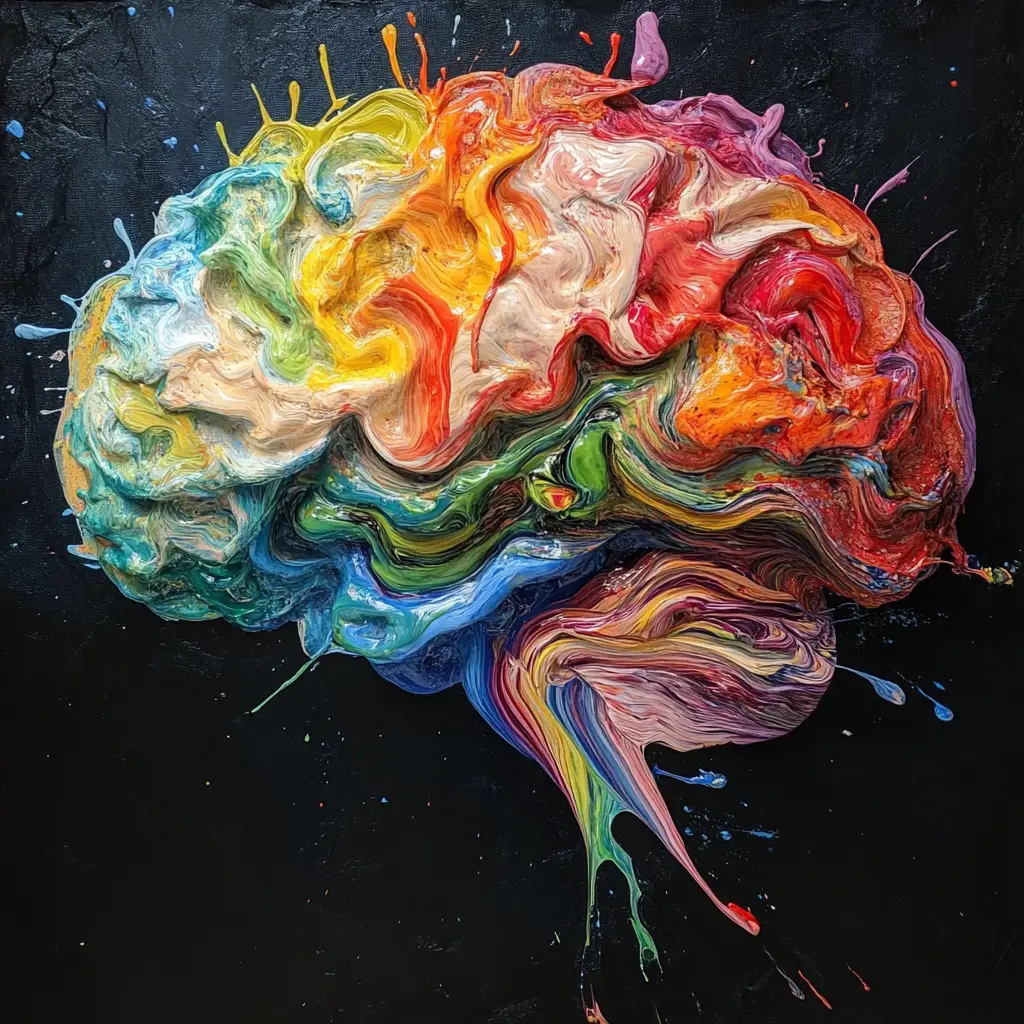Conditions
Adult Attention Deficit Disorder: A Comprehensive Guide
Published: September 14, 2024
Author: Dr. Achillefs Ntranos MD

Attention Deficit Disorder (ADD) isn't just a childhood condition - it affects millions of adults worldwide. This cognitive and attention disorder can significantly impact daily functioning, work performance, and quality of life. This comprehensive guide will explore the causes, symptoms, diagnosis, treatment, and prevention of ADD in adults, as well as when to seek medical advice.
Understanding Adult Attention Deficit Disorder
Attention Deficit Disorder, often referred to as Attention Deficit Hyperactivity Disorder (ADHD) in adults, is a complex neurodevelopmental disorder that can significantly impact daily life. While it's commonly associated with children, many adults struggle with its symptoms well into adulthood.
Did you know?
According to the National Institute of Mental Health, about 4.4% of adults in the United States have ADHD.
Causes of Adult ADD
The exact causes of adult ADD are not fully understood, but research suggests several contributing factors:
- Genetics: ADD often runs in families, indicating a strong genetic component.
- Brain chemistry: Imbalances in neurotransmitters, particularly dopamine and norepinephrine, play a role in ADD.
- Brain structure: Differences in the structure and function of certain brain areas have been observed in individuals with ADD.
- Environmental factors: Exposure to toxins, such as lead, during early development may increase the risk of ADD.
Symptoms of Adult ADD
Adult ADD symptoms can be subtle and often mistaken for other conditions. Common signs include:
- Inattention: Difficulty focusing on tasks, easily distracted, forgetfulness in daily activities
- Impulsivity: Making rash decisions, interrupting others, difficulty waiting one's turn
- Disorganization: Trouble managing time, missing deadlines, losing important items
- Emotional dysregulation: Mood swings, low frustration tolerance, difficulty managing stress
- Restlessness: Feeling "on edge" or having an internal sense of restlessness
Important
These symptoms must be persistent, present in multiple settings, and significantly impact daily functioning to be considered indicative of ADD.
Diagnosis of Adult ADD
Diagnosing ADD in adults can be challenging, as symptoms may overlap with other mental health conditions. The diagnostic process typically involves:
- Comprehensive evaluation: A thorough review of medical history, symptoms, and their impact on daily life
- Neuropsychological testing: Standardized questionnaires and rating scales to assess ADD symptoms
- Medical examination: To rule out other potential causes of symptoms
- Consideration of co-existing conditions: Such as anxiety, depression, or learning disabilities
Treatment Options for Adult ADD
Effective treatment for adult ADD often involves a multimodal approach:
1. Medication
Stimulant medications, such as methylphenidate and amphetamines, are often prescribed to manage ADD symptoms. Non-stimulant options are also available for those who don't respond well to stimulants.
2. Psychotherapy
Cognitive-behavioral therapy (CBT) can help adults with ADD develop coping strategies and improve organizational skills.
3. Lifestyle Changes
Implementing structure, using organizational tools, and practicing stress-reduction techniques can significantly improve symptom management.
4. Coaching
ADD coaches can provide practical support in developing time management and organizational skills.
Prevention and Management Strategies
While ADD cannot be prevented, several strategies can help manage symptoms and improve quality of life:
- Establish consistent routines
- Use calendars and to-do lists to stay organized
- Break large tasks into smaller, manageable steps
- Practice mindfulness and stress-reduction techniques
- Maintain a healthy diet and regular exercise routine
- Ensure adequate sleep
When to Seek Medical Advice
Consider consulting a healthcare professional if you:
- Experience persistent difficulty with attention, organization, or impulse control
- Find that these issues significantly impact your work, relationships, or daily functioning
- Have tried self-help strategies without significant improvement
Ready To Take The Next Step?
Connect with our neurologist to discuss your ADD symptoms and explore treatment options.
Living with adult ADD can be challenging, but with proper diagnosis and treatment, many individuals find significant improvement in their symptoms and overall quality of life. If you suspect you may have ADD, don't hesitate to reach out to our neurology clinic for guidance and support.
About the Author
Dr. Achillefs Ntranos MD
Board-Certified Neurologist
Achilles Neurology Clinic
Dr. Achillefs Ntranos MD is a board-certified neurologist and MS specialist known for his thorough evaluations and compassionate approach. Originally from Greece, he trained at Johns Hopkins University and Mount Sinai Hospital before founding Achilles Neurology Clinic in Beverly Hills to deliver comprehensive, patient-centered neurological care. He specializes in MS, autoimmune neurology, neuropathy, headaches, and other neurological disorders, blending research-driven insights with personalized treatment plans.